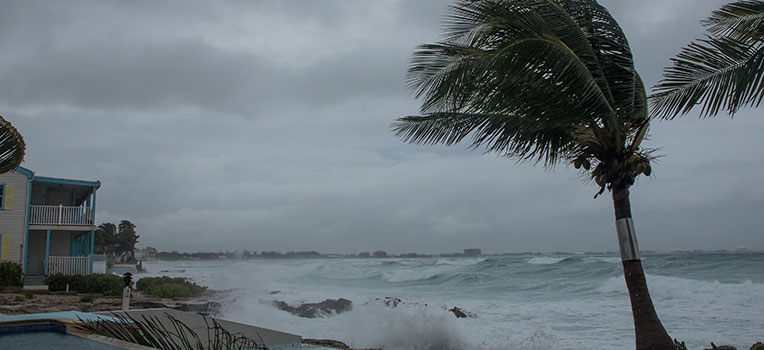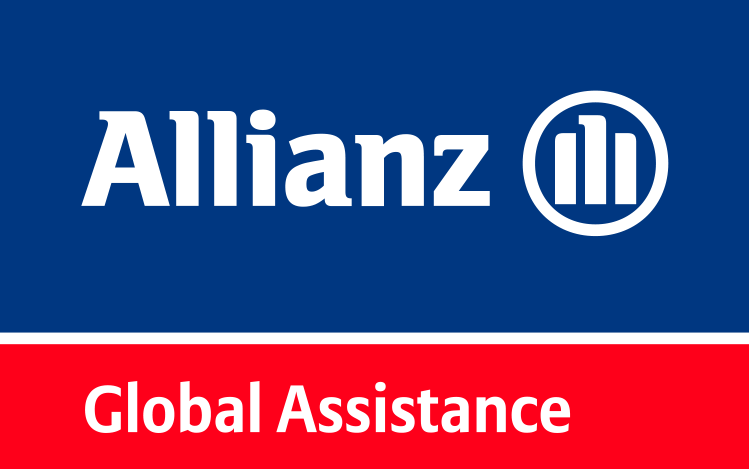Travellers should be on alert during hurricane season, which starts in June and lasts through November. Storms could cancel or delay travel plans at best, or at worst put you and loved ones in danger. Here is what you should know about travelling during hurricane season, and how to protect yourself and your travel plans.
Protect your travels from hurricanes

Travellers should be on alert during hurricane season, which starts in June and lasts through November. Storms could cancel or delay travel plans at best, or at worst put you and loved ones in danger. Here is what you should know about travelling during hurricane season, and how to protect yourself and your travel plans.
Where should I be most on guard?
If you are planning a trip in a hurricane prone area, consider going outside of the storm season or take precautions to stay-up-to-date on the weather to prevent arriving just before a storm.
Hurricanes tend to occur occasionally in Canada, on average about four times a year, and tend to make landfall in Nova Scotia, Newfoundland, Labrador, and Quebec. Though the storms are fewer in Canada, catastrophic damage can still occur, as proven by hurricane Fiona last year. In the United States, the top five states in order where hurricanes occur most are Florida, Texas, North Carolina, Louisiana, and South Carolina.
Outside of North America, Asian countries experience the most Hurricanes, with five Asian nations making up the top ten countries hit most often by hurricanes. The top three in order are China, the Philippines, and Japan, which have year-round hurricane seasons. The Gulf of Mexico and the Caribbean are the locations of three more frequently hit countries.
How can I stay up-to-date on storm movements?
Never completely unplug on vacation. Always stay tuned into information for your destination from local and national authorities and weather alerts. If you’re travelling abroad, there’s a lot you can do to prepare yourself before you leave Canada and ensure constant contact with your home government. Sign up for the Registration of Canadians Abroad service, which allows the Canadian government to notify you in case of an emergency abroad or a personal emergency at home.
For quick travel status updates from the Government of Canada, you can follow @TravelGoC (English) or @VoyageGdC (Français). Keep an eye on travel advisories issued by the government of Canada for your destinations, which would also include information on natural disasters and changing threat levels.
How can I stay safe in a hurricane prone area?
If your destination is under hurricane watch, you’ll want to have an exit strategy, which is even more important since you won’t have a pantry of food and other necessities the safety of home provides. Check to see if your hotel has an evacuation area or make plans for an early flight home, well ahead of any potential storm warning.
Plan for a potential emergency by predetermining a safe meeting point for your family or group, in the event you are separated. Check with your accommodation provider for access to an emergency kit with batteries, flashlights, food and water, a radio and other basics. And because storms are known to delay flights, keep a spare change of clothes and other essentials in your carry on.
If you do find yourself in a storm, stay away from windows or glass, follow instructions for evacuation or sheltering in place, draw shades and blinds on windows and doors. And do not assume a storm is over if the weather is calm.
To lessen the likelihood that a storm could impact your trip, consider taking a cruise, as they often have the flexibility of diverting travel to alternative ports in case of poor weather.
What are my travel insurance options?
Travel insurance is there to protect you in the case of reasonably unforeseeable events. Once a hurricane is forecasted for your destination, the event is considered foreseeable. If your policy was purchased after the storm was forecasted, you won’t be compensated for financial losses due to the storm. This is why it’s important to purchase travel insurance as soon as you book your trip. Trip Cancellation and Interruption benefits by Allianz Global Assistance may protect you from financial losses in the event your trip is cancelled or delayed due to a hurricane.
Let’s say you booked a honeymoon beach trip in the Dominican Republic but a storm hit before your departure date and now your resort accommodations are in ruins. If you purchased your policy before the storm was named and weather conditions lasted more than 24 hours, you may be covered if you cancel the trip because the resort would be uninhabitable due to a natural disaster. Keep in mind that this doesn’t extend to destinations that are dealing with minor inconveniences due to a storm.
Also, if you missed your flight or your cruise was cancelled due to a hurricane, and you purchased your policy in time, Allianz Global assistance may reimburse expenses if the natural disaster caused you to miss 25 percent or more of your trip.
Every year, millions of travellers trust Allianz Global Assistance to keep them safe with straightforward benefits, quick claims, and diligent service. Get a travel insurance quote today and learn how we can protect you on your travels.
Travel insurance is underwritten by CUMIS General Insurance Company, a member of The Co-operators Group of Companies, administered by Allianz Global Assistance, which is a registered business name of AZGA Service Canada Inc.
Related articles
to speak with one of our agents.
